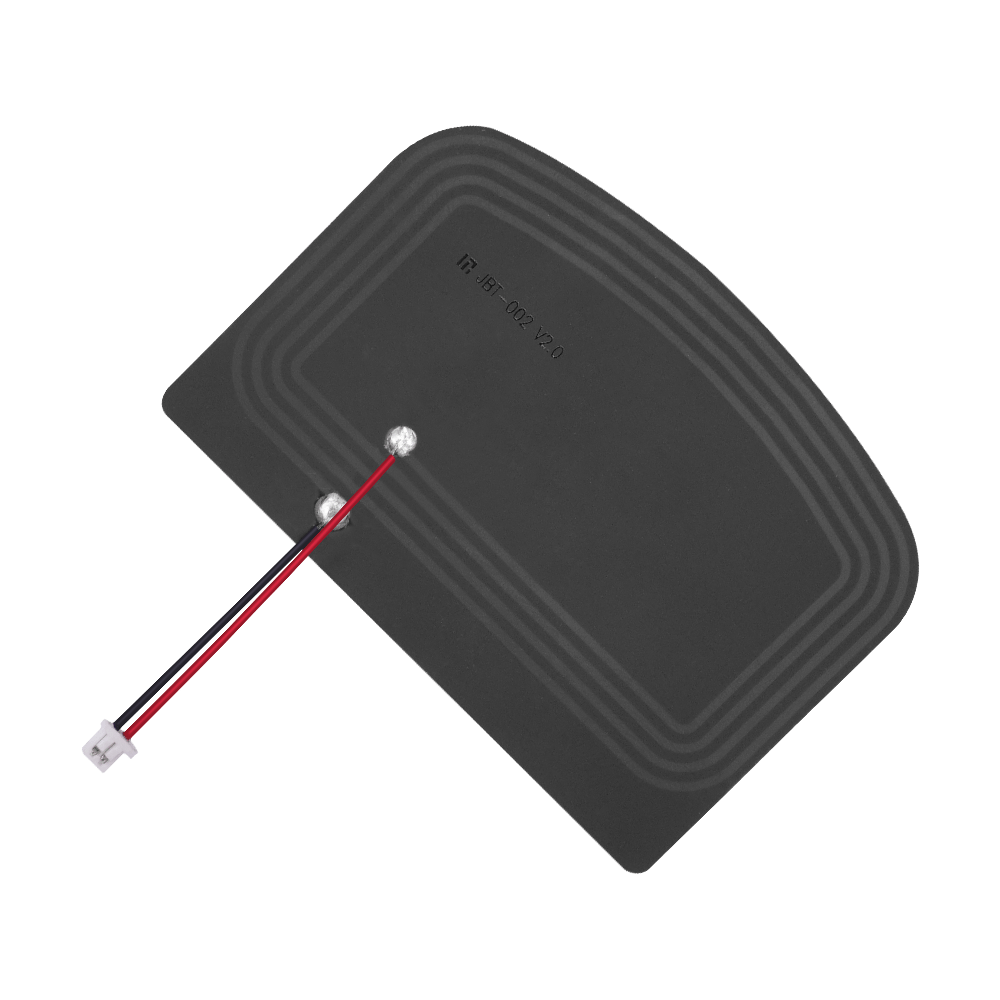In the rapidly evolving landscape of wireless communication, ceramic patch antennas have emerged as a pivotal technology. These antennas are not only compact and lightweight but also offer remarkable performance characteristics that make them suitable for various applications. This article delves into the advantages of ceramic patch antennas, highlighting their significance in modern communication systems.

What are Ceramic Patch Antennas?
Ceramic patch antennas are a type of microstrip antenna that utilizes a ceramic substrate. This substrate provides several benefits, including enhanced durability and improved thermal stability. The design typically consists of a flat rectangular or circular patch mounted on a ground plane, with the ceramic material serving as the dielectric. But why are these antennas gaining popularity in the wireless communication sector?
Key Advantages of Ceramic Patch Antennas
- Compact Size: One of the most significant advantages of ceramic patch antennas is their small form factor. This makes them ideal for applications where space is limited, such as in mobile devices and IoT sensors.
- High Efficiency: Ceramic materials exhibit low loss characteristics, which translates to higher efficiency in signal transmission. This is crucial for maintaining strong connectivity in wireless networks.
- Wide Frequency Range: These antennas can be designed to operate over a broad frequency range, making them versatile for various communication standards, including Wi-Fi, Bluetooth, and cellular networks.
- Durability: The robust nature of ceramic materials ensures that these antennas can withstand harsh environmental conditions, making them suitable for outdoor applications.
Applications of Ceramic Patch Antennas
The versatility of ceramic patch antennas allows them to be used in numerous applications. For instance, they are commonly found in:
- Mobile communication devices, enhancing connectivity and performance.
- Automotive systems, where reliable communication is critical for safety features.
- IoT devices, enabling seamless data transmission in smart homes and cities.
- Satellite communication, where compact and efficient antennas are essential.
Conclusion
In conclusion, the advantages of ceramic patch antennas make them an essential component in modern wireless communication systems. Their compact size, high efficiency, and durability position them as a preferred choice for various applications. As technology continues to advance, the role of these antennas will likely expand, further enhancing our connectivity. For those interested in exploring high-performance antennas, consider checking out  for a comprehensive collection.
for a comprehensive collection.








